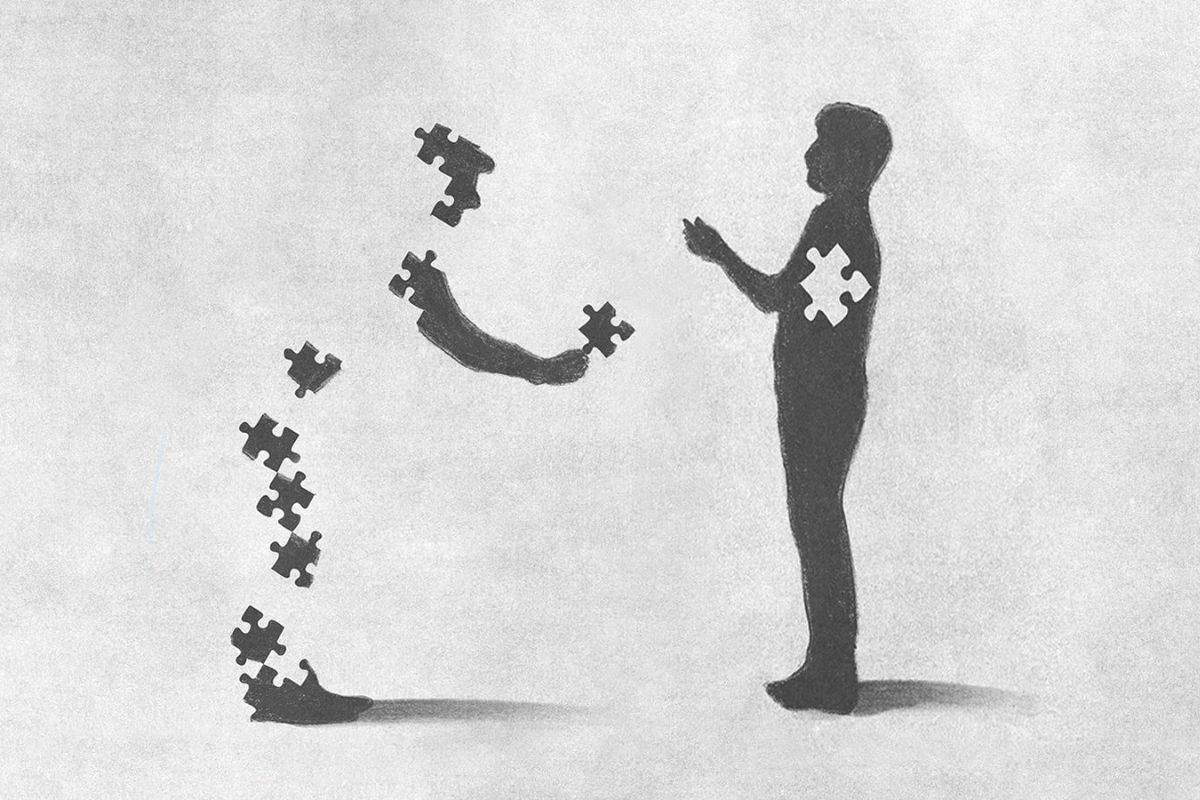
People pleasers are individuals who have a strong inclination to prioritize the needs and desires of others over their own. They often go to great lengths to avoid conflict, seeking validation and approval from those around them. While it may seem selfless on the surface, identifying as a people pleaser stems from various underlying reasons and can have significant implications on one’s well-being. In this article, we will explore some common factors that contribute to people-pleasing tendencies.
-
Fear of Rejection:
One of the primary reasons people identify as people pleasers is the fear of rejection. They believe that by constantly catering to the desires and expectations of others, they can secure acceptance and avoid being disliked or abandoned. This fear of rejection often stems from past experiences or a lack of self-confidence, leading individuals to prioritize external validation over their own needs.
-
Low Self-Esteem:
Individuals with low self-esteem tend to seek external validation to validate their self-worth. People pleasers often struggle with a negative self-image and rely on others’ approval to feel valued and accepted. By constantly fulfilling others’ expectations, they hope to gain a sense of belonging and importance.
-
Desire for Harmony:
People pleasers have an innate desire to maintain harmonious relationships and avoid conflict. They go to great lengths to keep everyone happy, even if it means compromising their own needs. The discomfort associated with disagreement or confrontation can drive individuals to prioritize peace over personal fulfilment leading to a habitual pattern of people-pleasing behaviour.
-
Need for Control:
Paradoxically, people pleasers often try to exert control over their environment by ensuring that everyone is content. They believe that by meeting others’ expectations, they can influence the outcome of situations and maintain a sense of control over their relationships. However, this need for control can be exhausting and result in constant fear of disappointing others.
-
Cultural and Gender Expectations:
Societal and cultural norms can contribute to the development of people-pleasing tendencies. In some cultures, placing the needs of others before one’s own is considered virtuous, leading individuals to internalize this belief system. Similarly, traditional gender roles may reinforce the idea that women, in particular, should prioritize nurturing and accommodating behaviours. These external pressures can influence one’s identification as a people pleaser.
Understanding the reasons behind identifying as a people pleaser is a crucial step towards personal growth and self-empowerment. While there may be valid concerns and motivations driving this behavior, it is essential to recognize the negative impact it can have on one’s well-being. Break free from people-pleasing patterns. Embracing self-care, practicing assertiveness, and seeking support from loved ones or professionals can help individuals transition towards a more balanced and authentic way of living, where personal needs are respected alongside the needs of others.

















